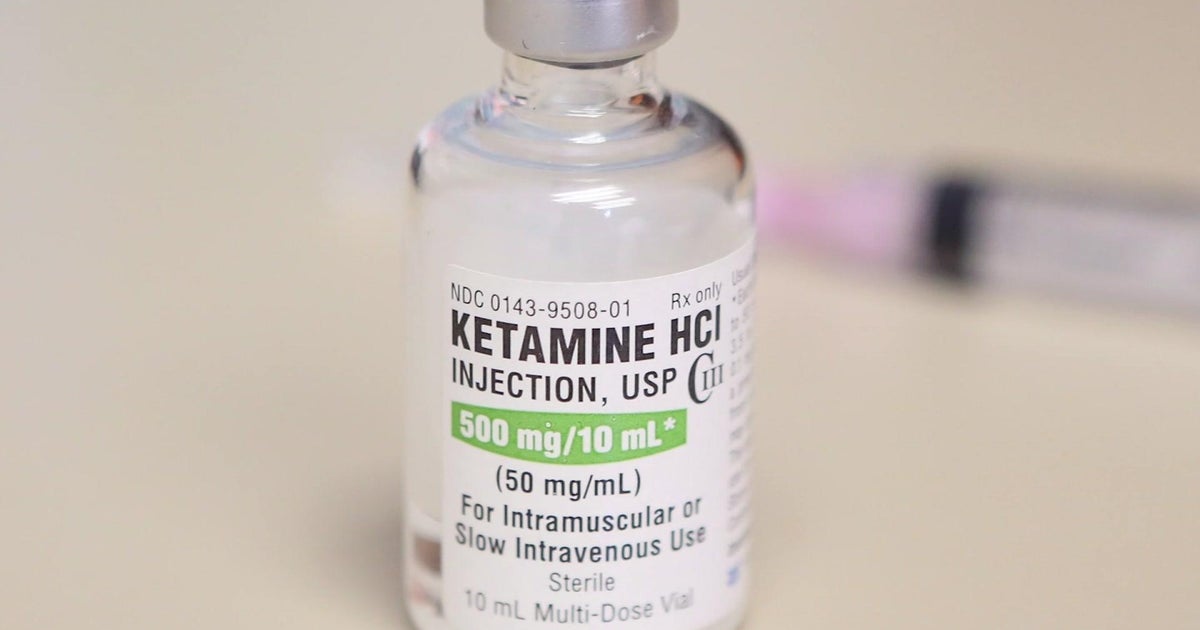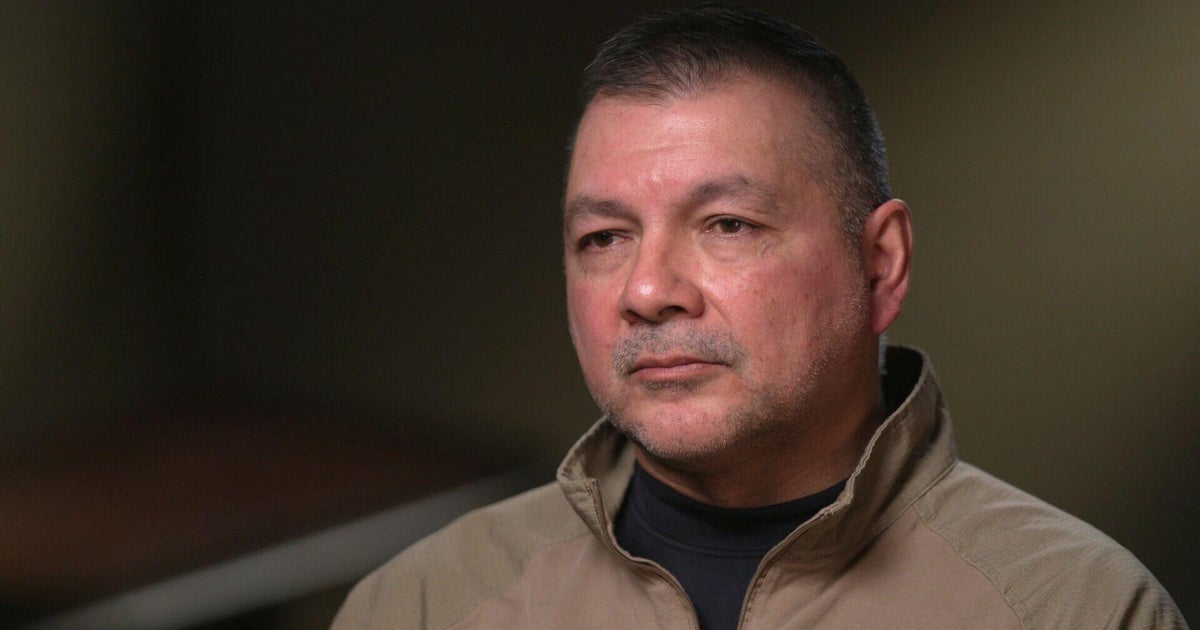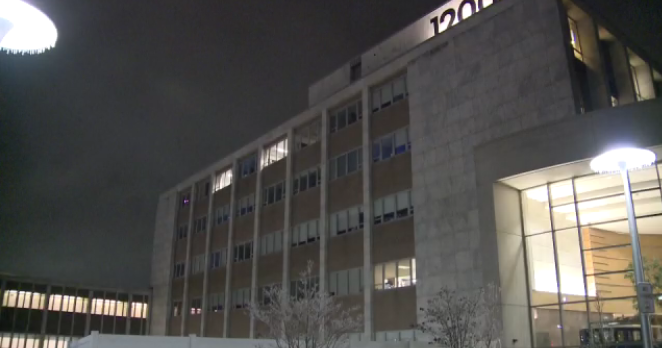Researchers say new blood test can spot more than 50 types of cancer — many hard to detect early
The sooner most cancers are discovered, the better the odds they can be successfully treated.
Mayo Clinic participated in research on a test that can detect more than 50 cancers, CBS Minnesota reports.
"My dad, he was a healthy guy. He didn't have any known risk factors for cancer," Dr. Julia Feygin said. Feygin lost her 40-year-old father to pancreatic cancer when she was 13. Diagnosed at stage three, he lived for nine more months.
"I strongly believe that purpose can be found in everything that happens," Feygin said.
She's now part of a team at a Menlo Park, California-based company called GRAIL that's introducing the blood test, called Galleri. She says can it catch hard-to-detect, aggressive and often deadly cancers like pancreatic, ovarian and esophageal.
"If cancers can be detected early, we can dramatically improve patient outcomes," Feygin said.
Feygin explains that our blood contains a DNA signature. The blood test tracks the DNA a cancer cell sheds.
Two tubes of blood are drawn and sent to GRAIL's lab for analysis.
"We can find and sequence these tiny bits of tumor-derived DNA in the blood and, based on the patterns we see, we can reveal if there is a signal for cancer present. We can predict with very high accuracy where in the body this cancer signal is coming from," Feygin said.
The results are sent back to the health care provider in 10 business days.
An interventional study that included Mayo Clinic with 6,600 participants returned 29 signals that were followed by a cancer diagnosis. Another study found a less than 1% false positive rate.
GRAIL has not received full FDA approval for the test, but the team is working on it.
"The science behind this idea is promising, but it's still early days for this type of screening. Further research is needed to help understand the role it might play in the early detection of cancer," said CBS News chief medical correspondent Dr. Jon LaPook.
There are some caveats on who can get the test.
"It's intended to be used for people at an elevated risk for cancer. This can be something as simple as age," Feygin said.
Right now, the test is by prescription-only. Insurance doesn't cover it. You would pay out of pocket with a current cost of $949.
"In the year 2021, this is so far beyond anything else we've been able to do. This is a game-changer," said Dr. Greg Plotnikoff, who offers the test at his practice in Minneapolis.
He has prescribed the test for patients and family members with risk factors, saying cancers caught early are in more treatable stages.
"If we can catch things earlier, we have a chance then to make a significant difference," Plotnikoff said.
He also chose to screen himself, since he is over 60.
"If there was any kind of signal, I wanted to know it and be able to do something about it," Plotnikoff said.
The American Cancer Society says 71% of cancer deaths come from types of cancer that have no recommended screening.
Feygin says they hope to change outcomes for families like hers in the future.
"It really presents an unprecedented opportunity to bend the cancer mortality curve and really save so many lives," Feygin said.
GRAIL says Galleri "is intended to be complementary to, and not a replacement of, U.S. guideline-recommended cancer screening."
Before the end of the year, Galleri will be available at Mayo Clinic locations in Rochester, Minnesota; Jacksonville, Florida; and Phoenix. It will also be available at Mayo Clinic Health System sites in southern Minnesota and Wisconsin.





